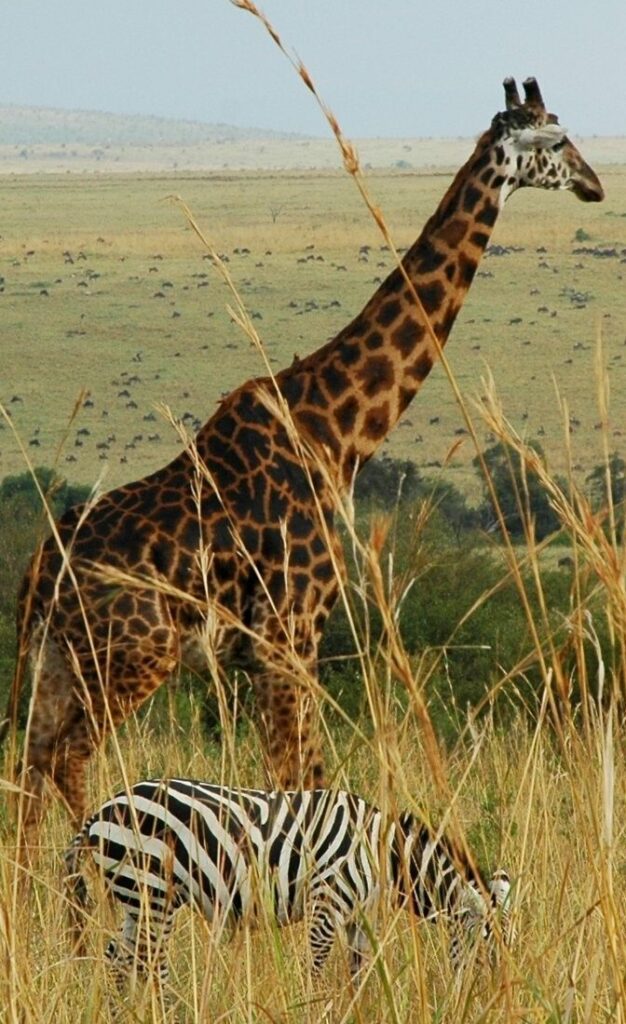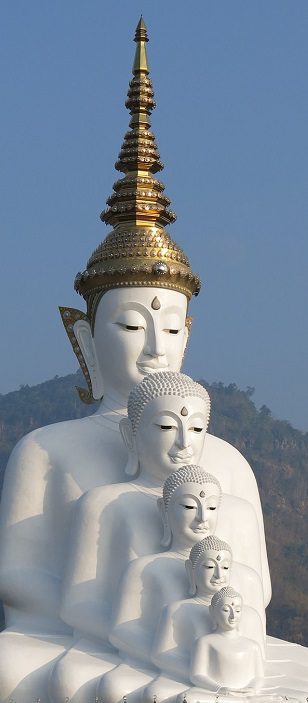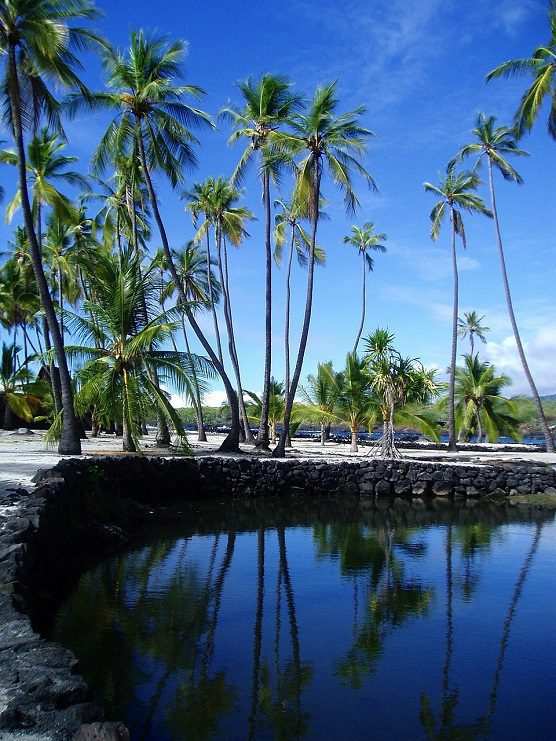On that first morning, I felt a little humbled. I’d emerged from my tent with a backpack, sun hat, water bottle and the usual hiking paraphernalia. I was then introduced to Jackson, clad in a smart V-neck sweater and unburdened with such indulgent fripperies as water or even a bag. We were about to embark on a six-hour walk in 30°C-plus heat. He looked like a man about to pop out for a newspaper. He was in his late 50s, and had elongated earlobes that had once held heavy tribal jewellery. I am like a camel,” he laughed. “I don’t need water.”
But Jackson was to prove himself the perfect hiking companion, owl-wise and tireless. As the trail wore on and the two of us were joined each day by guides local to the particular communities we were passing through, he kept spirits high and bearings accurate. When need demanded it, he even started carrying a rucksack. I was crossing the Great Rift Valley in his company – open African countryside and starry nights lay ahead. The week would be memorable.
Part of the tribe – It was the third day of walking. There had been a brief rain shower, and the red earth smelt raw and vegetal. Birdsong swirled around us in fluting choruses. In the distance, tendrils of smoke from far-off charcoal kilns curled above the woods. And for perhaps the fifth time that morning, we encountered a local pastoralist ushering stoic, water-laden donkeys through the bush. A look of surprise, a smile. “Chamgei!” came the greeting. I had packed a Swahili phrasebook for the trip, but should really have known better. Swahili may be one of the country’s two official languages (alongside English), but this was Kalenjin country, with its own entirely separate dialect. The bush villages we walked through held basic but well-tended homesteads, almost always lacking electricity but flanked by plots of maize and busy with plump livestock. Conical straw roofs marked out family dwellings. The locals we met were open and inquisitive, ready to laugh.

Tribal affiliation is of enormous importance in Kenya, with most people identifying themselves by their tribe first and their nationality second. Many of the country’s well-documented political controversies have their roots in precisely this trait. The area of the Rift Valley that we were travelling through is a long-established homeland for the Kalenjin people, known traditionally as farmers. “And we are runners too,” Jackson told me. “Long-distance runners.” Big-name international athletes such as five-time world champion Paul Tergat and Dennis Kimetto, who smashed the world marathon record in September 2014, are a source of genuine pride here; several times we were passed by fleet-footed locals -children en route to school, women on their way to the village waterhole, one striding, Nike-clad runner who clearly had aspirations further afield.
It’s said that the valley’s high altitude and up-and-down terrain provide perfect breeding for athletes. Mo Farah has trained nearby. “And the diet is important,” one of the community guides, Chris, explained to me. “The runners eat ugali [maize-meal porridge] and drink mursik [fermented cows’ milk]. It makes them strong.” Mursik, I can report, is thick, lumpy and off-white – and best described as an acquired taste. Chris also casually informed me that he possessed 400 goats, and the animals were certainly plentiful as we made our way across the valley, not just in the bush but on the dinner plate.







